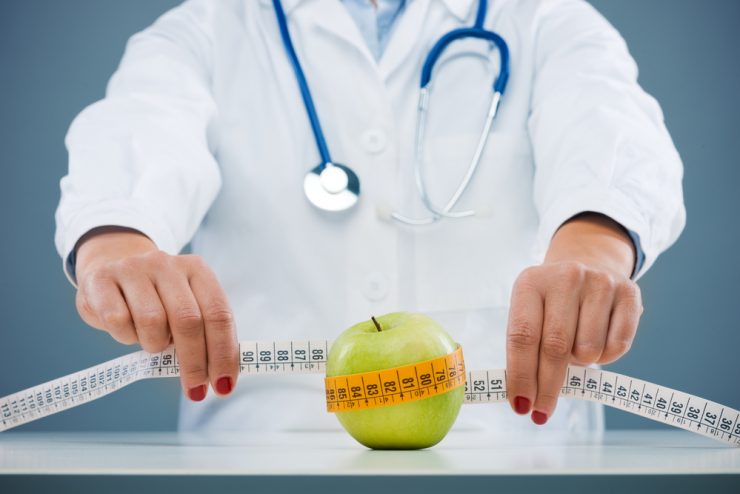Candida, or candidiasis, is an overgrowth of yeast in the body. Whereas the body normally contains moderate amounts of yeast or Candida, overgrowth results in numerous symptoms, depending on how severely the condition has progressed. Diet and supplements are a crucial part of the treatment at most stages of Candida.
Sugar feeds Candida growth, so people with Candida should remove all foods with sugar and refined carbohydrates. Sugars include sweeteners like sucrose, fructose, dextrose, corn syrup, glucose, and maltose, as well as white and brown sugar. Even foods like honey, maple syrup, and molasses may cause problems. White flour and items containing white flour should be eliminated, as well as sweets, from chocolate to cakes to pastries. White rice should be removed, as well as certain beverages, particularly alcohol and fizzy drinks.
Some people with Candida may be sensitive to products containing yeast. These include yeasted breads, rolls, and pizza, as well as fermented foods like vinegar, pickles, and soy sauce. Cheeses may be a problem, as well as mushrooms and truffles. Grapes, dried fruits, and nuts also many cause sensitivity.
The optimal diet for Candida contains vegetables, lean meats, legumes, and whole grains. Because fruit may cause problems for some, it may be eliminated at first, and gradually added back into the diet.
Probiotics are the most important supplements for people with Candida to take. Probiotics are good bacteria that our bodies need to keep Candida at normal levels. Garlic is another promising supplement with powerful anti-yeast properties. Aloe Vera juice can help heal the lining of the intestine, which may be damaged by Candida overgrowth.












